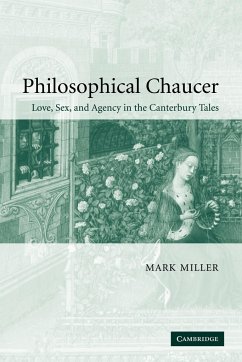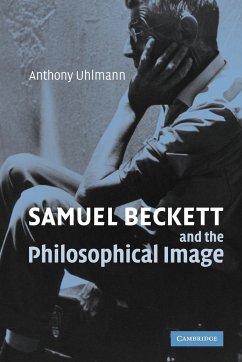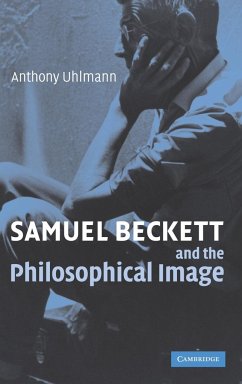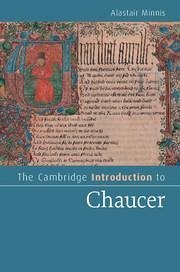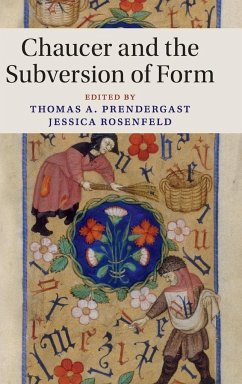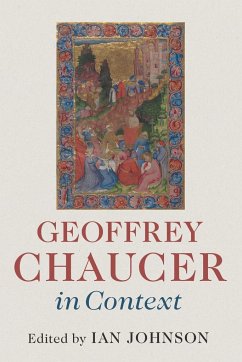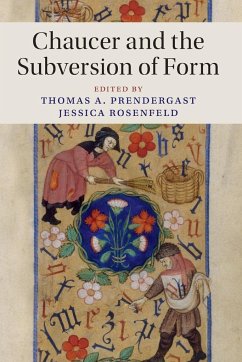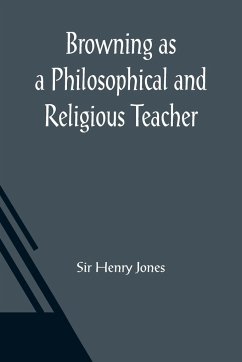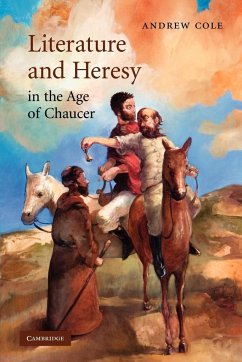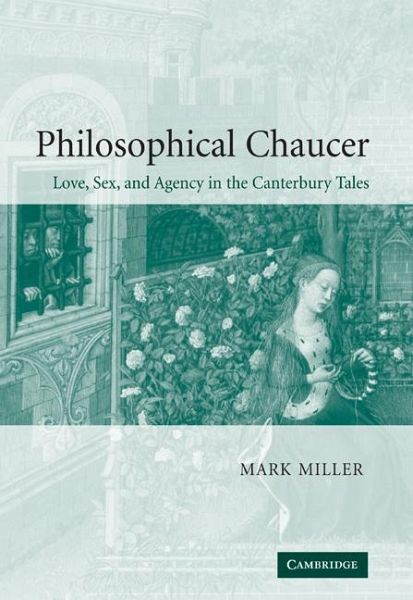
Philosophical Chaucer
Love, Sex, and Agency in the Canterbury Tales
Herausgeber: Minnis, Alastair; Boyde, Patrick
Versandkostenfrei!
Versandfertig in 1-2 Wochen
110,99 €
inkl. MwSt.
Weitere Ausgaben:

PAYBACK Punkte
55 °P sammeln!
Mark Miller's innovative study argues that Chaucer's Canterbury Tales represent an extended mediation on agency, autonomy and practical reason. This philosophical aspect of Chaucer's interests can help us understand what is both sophisticated and disturbing about his explorations of love, sex and gender. Partly through fresh readings of the Consolation of Philosophy and the Romance of the Rose, Miller charts Chaucer's position in relation to the association in the Christian West between problems of autonomy and problems of sexuality and reconstructs how medieval philosophers and literary write...
Mark Miller's innovative study argues that Chaucer's Canterbury Tales represent an extended mediation on agency, autonomy and practical reason. This philosophical aspect of Chaucer's interests can help us understand what is both sophisticated and disturbing about his explorations of love, sex and gender. Partly through fresh readings of the Consolation of Philosophy and the Romance of the Rose, Miller charts Chaucer's position in relation to the association in the Christian West between problems of autonomy and problems of sexuality and reconstructs how medieval philosophers and literary writers approached psychological phenomena often thought of as distinctively modern. The literary experiments of the Canterbury Tales represent a distinctive philosophical achievement that remains vital to our own attempts to understand agency, desire and their histories.





